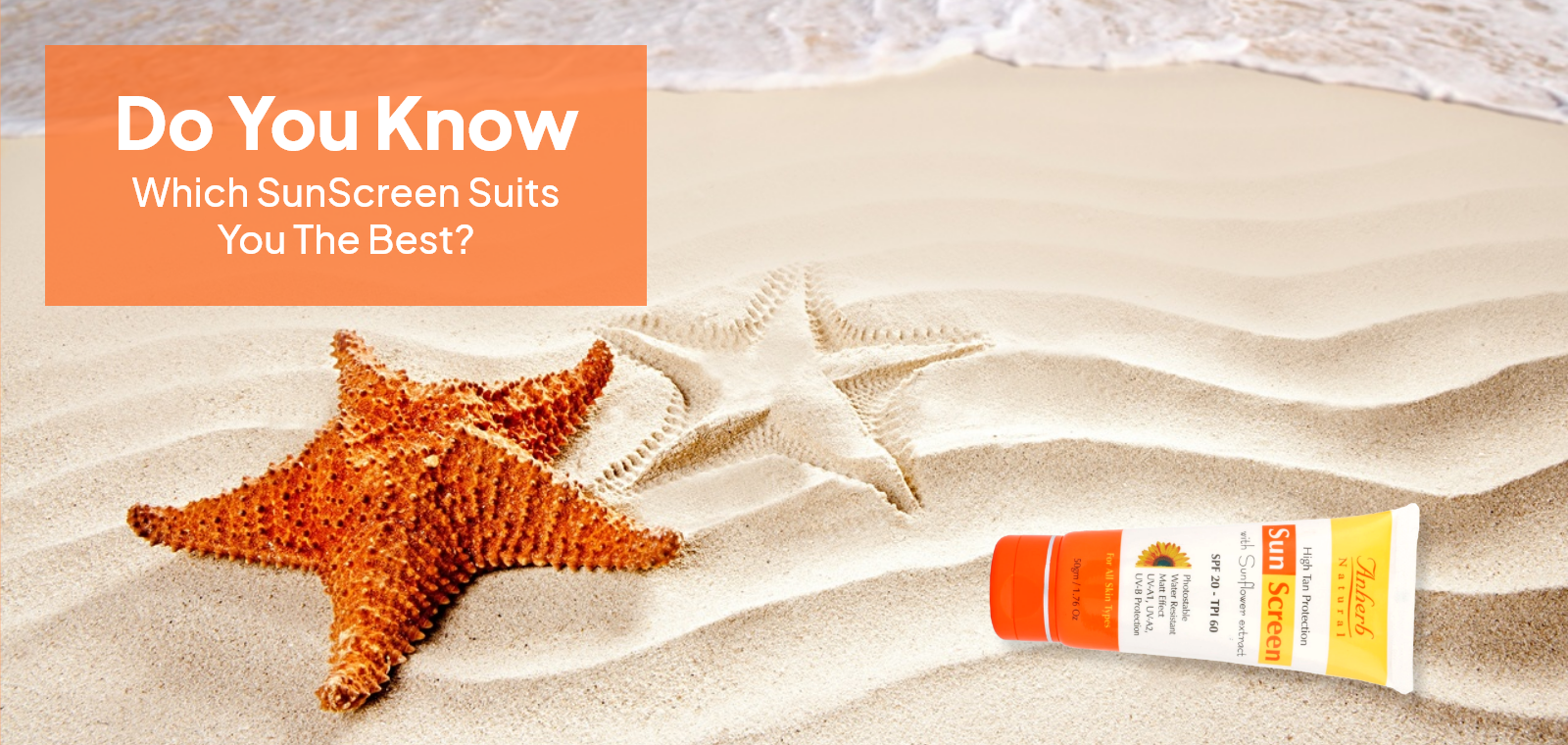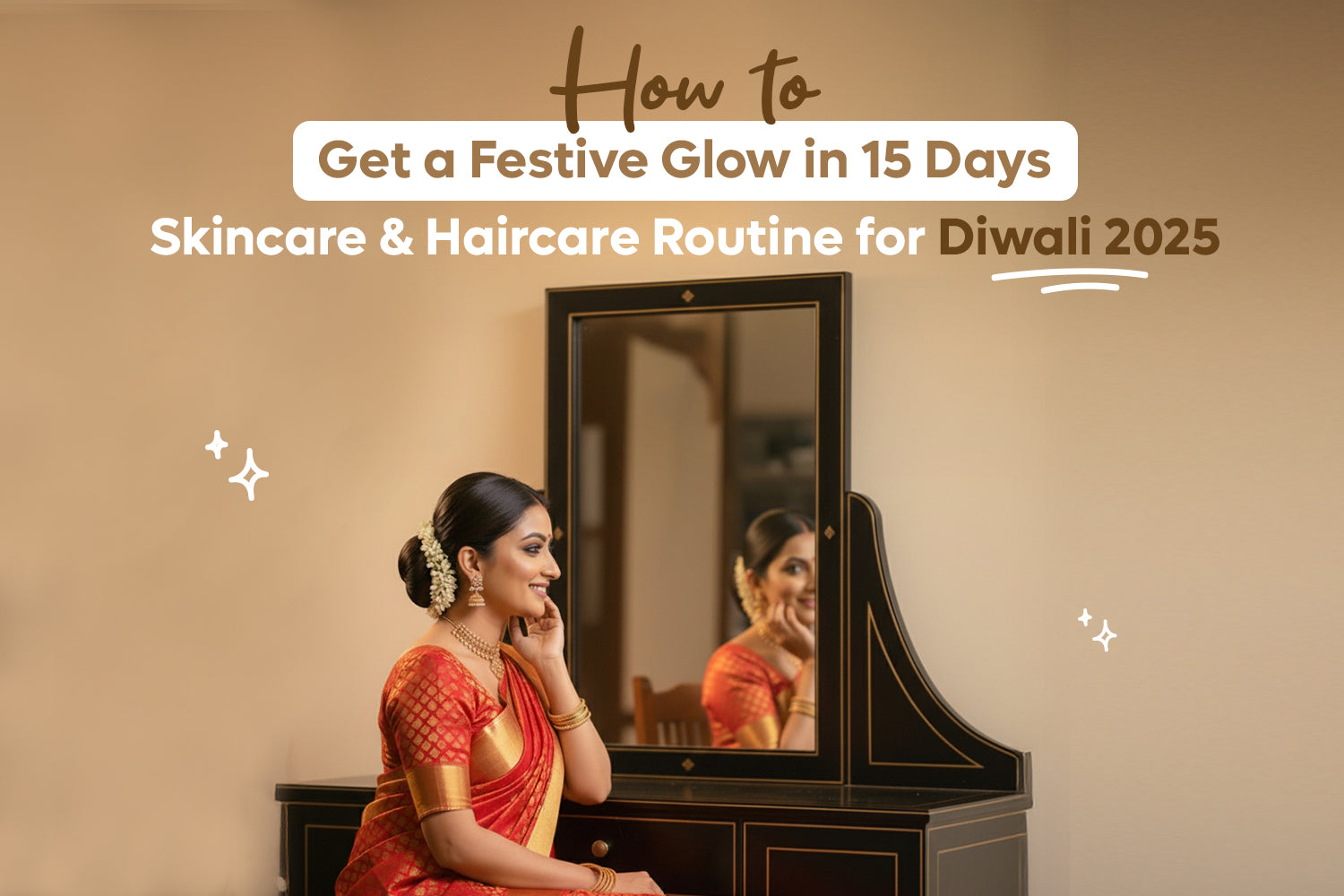Living in today’s era, we probably know the importance of sunscreen thanks to the awareness about the same. Sunscreen has now become a part of everyday skincare routine, something is a must before we step out of our houses into the harsh and polluted environment, along with exposure to the harmful UV rays of the sun.
We know the advantages of using sunscreen to protect our skin from tanning, sunburn, premature ageing, inflammation, dark spots, pigmentation, and dangerous skin cancer. However, we often get confused while choosing the best sunscreen for ourselves, probably because of the many varieties available in the market in the form of lotions, sprays, gels and waxes with different SPF.
But worry not, as we have answered your common questions with detailed solutions and tips to choose the best sunscreen for yourself. Following are the factors you should look into while choosing to buy sunscreen.
1. Your Skin Type
This is the foremost thing to consider as we all have different skin types. The sunscreen which did wonders on your friend’s skin may not work as effectively for you. So, if you have acne-prone skin, use only non-Comedogenic formula sunscreen lotion. If you have sensitive skin, avoid sunscreens that can contain preservatives, fragrances or alcohol. For dry skin, it is recommended to use moisturizing sunscreens, while oily skin can go for matte gels to soak up the extra oil. You may also opt for certain sunscreens that are suitable for all skin types.
2. Sunscreen Type
There are generally two types of sunscreens - physical sunscreen and chemical sunscreen. Physical sunscreens include minerals like Zinc oxide and Titanium dioxide that help in scattering and reflecting the light away from the skin like white paint reflects light. On the other hand, Chemical sunscreens contain organic chemicals (carbon-based) like avobenzone or oxybenzone that absorb UV radiation through their chemical bonds. However, it is suggested to use physical sunscreens rather than the chemical ones as the latter might result in allergic reactions.
3. The SPF factor
SPF or Sun Protection Factor is a number that indicates how well a sunscreen will protect the skin from the UVB rays. An SPF below 15, is considered as low protection, between 15 and 30 is considered to be of medium protection; that between 30 and 50 is considered to be high protection, whereas SPF above 50, means the sunscreen has very high protection against the sun. Generally, on a normal day, SPF 15 will work well, while on a hotter day, it is recommended to use SPF 21 or above. An SPF above that is only required if you are under exposure for a significantly longer time.
4. Scope of Protection
Always make sure that your sunscreen provides protection from a significant amount of UVA as well as UVB rays with ratings of PA+++, that implies better protection from UVA rays. Also keep in mind that no sunscreen is waterproof. If the label says that the sunscreen is water-resistant or sweat-resistant, look for how long it lasts. However, it is always advisable to apply sunscreen every 2 hrs especially when you are swimming.
5. Herbal ingredients
The most striking factor for any skincare or cosmetic product today is the ingredients used in it. Since you need to include a sunscreen lotion in your daily skincare routine irrespective of the seasons, make sure to go for a herbal sunscreen lotion, which is free of harmful chemicals and is all-natural and can be used guilt free.
Remember, whatever you choose, always apply it as a patch test on a particular area. If it does not cause any reaction or inflammation, you may continue using it or otherwise consult a physician regarding what is best for you.





